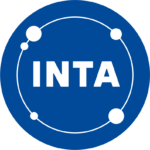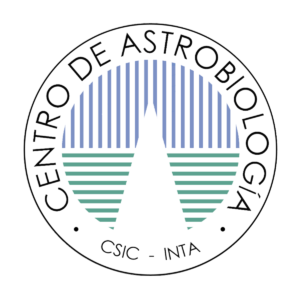Jacob L. Bean, Kevin B. Stevenson, Natalie M. Batalha, Zachory Berta-Thompson, Laura Kreidberg, Nicolas Crouzet, Björn Benneke, Michael R. Line, David K. Sing, Hannah R. Wakeford, Heather A. Knutson, Eliza M.-R. Kempton, Jean-Michel Désert, Ian Crossfield, Natasha E. Batalha, Julien de Wit, Vivien Parmentier, Joseph Harrington, Julianne I. Moses, Mercedes Lopez-Morales, Munazza K. Alam, Jasmina Blecic, Giovanni Bruno, Aarynn L. Carter, John W. Chapman, Leen Decin, Diana Dragomir, Thomas M. Evans, Jonathan J. Fortney, Jonathan D. Fraine, Peter Gao, Antonio García Muñoz, Neale P. Gibson, Jayesh M. Goyal, Kevin Heng, Renyu Hu, Sarah Kendrew, Brian M. Kilpatrick, Jessica Krick, Pierre-Olivier Lagage, Monika Lendl, Tom Louden, Nikku Madhusudhan, Avi M. Mandell, Megan Mansfield, Erin M. May, Giuseppe Morello, Caroline V. Morley, Nikolay Nikolov, Seth Redfield, Jessica E. Roberts, Everett Schlawin, Jessica J. Spake, Kamen O. Todorov, Angelos Tsiaras, Olivia Venot, William C. Waalkes, Peter J. Wheatley, Robert T. Zellem, Daniel Angerhausen, David Barrado, Ludmila Carone, Sarah L. Casewell, Patricio E. Cubillos, Mario Damiano, Miguel de Val-Borro, Benjamin Drummond, Billy Edwards, Michael Endl, Nestor Espinoza, Kevin France, John E. Gizis, Thomas P. Greene, Thomas K. Henning, Yucian Hong, James G. Ingalls, Nicolas Iro, Patrick G.J. Irwin, Tiffany Kataria, Fred Lahuis, Jérémy Leconte, Jorge Lillo-Box, Stefan Lines, Joshua D. Lothringer, Luigi Mancini, Franck Marchis, Nathan Mayne, Enric Palle, Emily Rauscher, Gaël Roudier, Evgenya L. Shkolnik, John Southworth, Mark R. Swain, Jake Taylor, Johanna Teske, Giovanna Tinetti, Pascal Tremblin, Gregory S. Tucker, Roy van Boekel, Ingo P. Waldmann , Ian C. Weaver, Tiziano Zingales. 2018. The Transiting Exoplanet Community Early Release Science Program for JWST. Publications of the Astronomical Society of the Pacific 130, 993, DOI: 10.1088/1538-3873/aadbf3
The James Webb Space Telescope (JWST) presents the opportunity to transform our understanding of planets and the origins of life by revealing the atmospheric compositions, structures, and dynamics of transiting exoplanets in unprecedented detail. However, the high-precision, timeseries observations required for such investigations have unique technical challenges, and prior experience with Hubble, Spitzer, and other facilities indicates that there will be a steep learning curve when JWST becomes operational. In this paper, we describe the science objectives and detailed plans of the Transiting Exoplanet Community Early Release Science (ERS) Program, which is a recently approved program for JWST observations early in Cycle 1. We also describe the simulations used to establish the program. The goal of this project, for which the obtained data will have no exclusive access period, is to accelerate the acquisition and diffusion of technical expertise for transiting exoplanet observations with JWST, while also providing a compelling set of representative data sets that will enable immediate scientific breakthroughs. The Transiting Exoplanet Community ERS Program will exercise the timeseries modes of all four JWST instruments that have been identified as the consensus highest priorities, observe the full suite of transiting planet characterization geometries (transits, eclipses, and phase curves), and target planets with host stars that span an illustrative range of brightnesses. The observations in this program were defined through an inclusive and transparent process that had participation from JWST instrument experts and international leaders in transiting exoplanet studies. The targets have been vetted with previous measurements, will be observable early in the mission, and have exceptional scientific merit. Community engagement in the project will be centered on a two-phase Data Challenge that culminates with the delivery of planetary spectra, timeseries instrument performance reports, and open-source data analysis toolkits in time to inform the agenda for Cycle 2 of the JWST mission.






